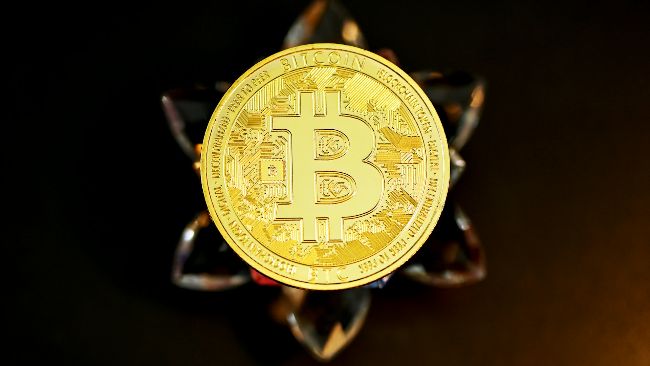
South Africa has recorded a significant adoption of Bitcoin. The Scan to Pay payment processor has facilitated the use of Bitcoin Lightning Network in 650,000 merchants around the country. On October 7, 2025, the crypto historian Pete Rizzo announced in X one of the largest retail Bitcoin integrations across the globe.
Bitcoin Payments
The migration by Scan to Pay enables real-time and low cost payment in Bitcoin based on the Lightning Network. The time consumed in transacting transactions that used to take up to ten minutes now take a matter of seconds and the charges, which averagely cost $2-5 are now less than 0.10. This scalability renders Bitcoin a feasible transaction method in all types of daily purchases such as groceries and fuel to the entire retail sector in South Africa.
South Africa has 1.5-2 million small and medium-sized businesses. The current number of merchants accepting Bitcoin is 650,000; that is close to 40 percent of the total. This adoption level is high compared to the majority of countries. By contrast, not more than 10,000 U.S. merchants accept Bitcoin directly. The evolution of the country makes South Africa the most popular retailing center of the BTC payments in the world.
Growing User Base
Statista data of 2025 indicates that now within South Africa, more than 6 million people use cryptocurrencies, which is about 10 percent of the South Africans population of 60 million. Bitcoin that has risen between 10,000 in 2020 and approximately 60,000 in 2025, provides a way to hedge against currency weakening. Being an unregulated resource, BTC gives citizens in a nation where the stability of fiat is low a store of value.
By 2025, the Lightning Network has grown exponentially to approximately 1,500 BTC of total channel capacity, or further, $90 to 105 million at present values. It supports millions of micropayments every day with more than 35,000 live channels and 4,000 nodes across the world. The integration of Scan to Pay will provide a high volume of transactions since South Africa merchants make thousands of small transactions daily.
Scan to Pay’s Market Position
Scan to Pay is also one of the most popular digital payment apps in South Africa, which enables QR-based payments like WeChat Pay or Paytm. Prior to this, the app had the support of cards and bank transfers. With the addition of Bitcoin Lightning, it fits into Africa, a mobile-first economy: 95 percent of adults are mobile phone owners, and most people like digital payments.
Sub-Saharan Africa is still among the regions that are the most rapidly expanding regarding crypto adoption. Already, Nigeria, Kenya, and Ghana have been at the forefront of peer-to-peer trading of Bitcoins. The region has just made the latest milestone of South Africa, and is currently the global leader in real-world utility of Bitcoin. This change shows how Africa has been able to go more rapidly than the old financial markets to adopt digital money.
To merchants, Bitcoin Lightning will avoid the need to use expensive intermediaries. The transaction fees reduce by as much as 98 percent and profit margins go up. Customers have quicker checkout services as well as the ability to do transactions even without bank accounts. Analysts estimate that the rise in the merchant revenues is likely to be 5-10 percent, as more crypto participants are willing to use BTC payments.
The achievement will solidify the presence of Bitcoin as a viable payment method in one of the most robust African economies. It shows how the Lightning technology can convert BTC into something more than just a speculative asset into a useful currency. Provided that it is adopted further, the success of South Africa can serve as an example to be used in Kenya, Nigeria, and other countries.